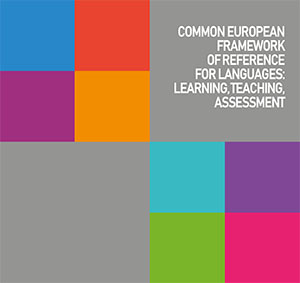The user/learner as a social agent
The CEFR distinguishes receptive, productive, interactive and mediation activities. This is based on the idea that language users are independent and responsible participants in society. They are 'social agents' and use languages to communicate in the real world; to create and mediate meaning, often in collaboration. They pursue different goals, in several contexts.
Languages are not only an instrument to obtain and exchange information, but also to interpret the world and to build both individual and collective knowledge through interaction and dialogue. Language learning is, therefore, both a cognitive and a social activity. It takes into consideration the interactional and communicative realities, purposes and contexts of real-world language use.
Language education should therefore create learning contexts that encourage learners to grow in their role as social agents, as autonomous and responsible language users. Learners as social agents can then take responsibility for their learning process, and become powerful lifelong learners.
Videos
Learners as social agents (2022: Council of Europe)
Watch The learner as social agent and the affordances of digital spaces (2022: Bernd Rüschoff) (23:32)
Workshop
The learner as social agent: Implications for curriculum design and classroom practice (2022: Bernd Rüschoff)
Documents
Info sheet: The user/learner as social agent



